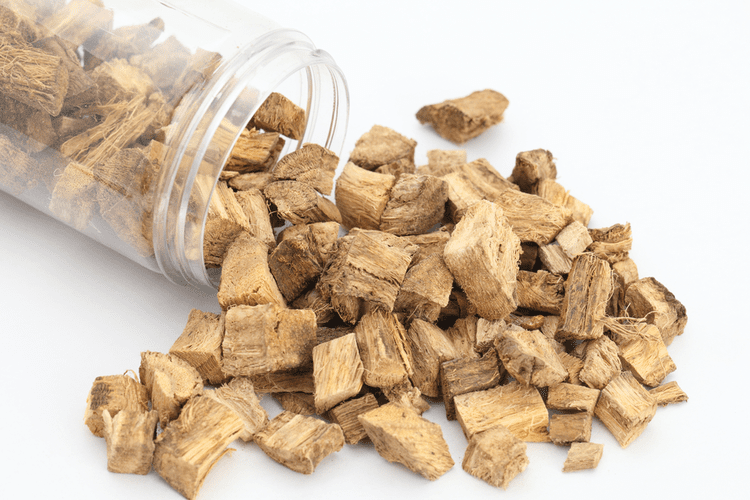Substance use disorder treatment guide American Medical Association
You may recognize that you need certain types of help but feel reluctant to start intensive treatment methods like detox or inpatient rehab. People in recovery and their family members must understand that while relapse is not desirable, it can be a part of the process and does not indicate that treatment didn’t work or that you have failed as a person.8 If you relapse, your recovery team can help you regain your sobriety. Your team may include professionals from your treatment program, peers from support groups you attend, supportive loved ones, and medical professionals. Addiction is not a character defect; instead, it’s a complex medical disorder that needs specialized treatment.1 The overall goals of addiction treatment are to help people overcome withdrawal symptoms, work through cravings, and abstain from alcohol or drug use. Addiction treatment includes a wide range of interventions and treatment stages aimed at helping a person recover from alcohol and drug addiction.

Detox may involve gradually reducing the dose of the drug or temporarily substituting other substances, such as methadone, buprenorphine, or a combination of buprenorphine and naloxone. For diagnosis of a substance use disorder, most mental health professionals use criteria in the Diagnostic and Statistical Manual of Mental Disorders (DSM-5), published by the American Psychiatric Association. One study of treatment facilities found that almost 80% of people undergoing therapy for cessation received medications. When appropriate, your doctor will prescribe medications to address the physical withdrawal symptoms and help you feel more comfortable throughout this process. Results are mixed for those using heroin, nicotine, or cocaine or those using multiple substances.
Interdependence of Criminal Justice and Treatment Systems
Individuals receiving MAT could be at risk of serious withdrawal symptoms if medications are stopped abruptly. Others may face challenges without their treatment program’s support.115 Therefore, planning for disasters and other large scale emergencies is critical to prevent or reduce the impact of interruptions https://g-markets.net/sober-living/guilt-and-grief-making-a-living-amends/ in treatment services. A substance abuse treatment plan is one of the foundational parts of addiction treatment. It is so important that most treatment centers won’t let you go a day in treatment without one. Treatment plans are one of the ways drug rehab is tailored to address your needs.

The sooner they address their ambivalence, the sooner
they progress toward lasting change (see also TIP 35, Enhancing
Motivation for Change in Substance Abuse Treatment [CSAT, 1999c]). It
is more important to use the components that reflect the needs of the client and
her personal style. Before eliminating steps in the brief intervention process,
however, there should be a well-defined reason for doing so. Moreover, a vital
part of the intervention process is monitoring to determine how the patient is
progressing after the initial intervention has been completed.
What Are the Goals for Each Stage of Addiction Treatment?
The continuum of substance abuse treatment ranges from case finding and pretreatment to primary treatment to aftercare. Although there are distinct goals and treatment activities at each point on the continuum, rarely do clients’ needs fit neatly into any one area at a given time; case management serves to span client needs and program structure. Case management supports a client as he moves through the recovery continuum and reinforces treatment goals. It ranked third among the How To Flush Alcohol from Your Urine? six highest ranking approaches
in terms of weighted effectiveness (based on a total of nine studies
conducted between 1983 and 1990). Brief motivational counseling was also
rated the least costly of the six most effective modalities–or most
cost-effective of 33 evaluated modalities. The authors of this study
specifically stated that treatment planning and funding decisions should not
be based on this initial effort to make “first level approximations” of
cost-effectiveness.
- Not only does exercise offer all of the obvious health benefits, but it also shows promise for those in recovery from SUD.
- Identifying a group as “therapy” does not imply that other groups are not therapeutic.
- Corrective recapitulation of the primary family group—groups provide a family-like context in which long-standing unresolved conflicts can be revisited and constructively resolved.
